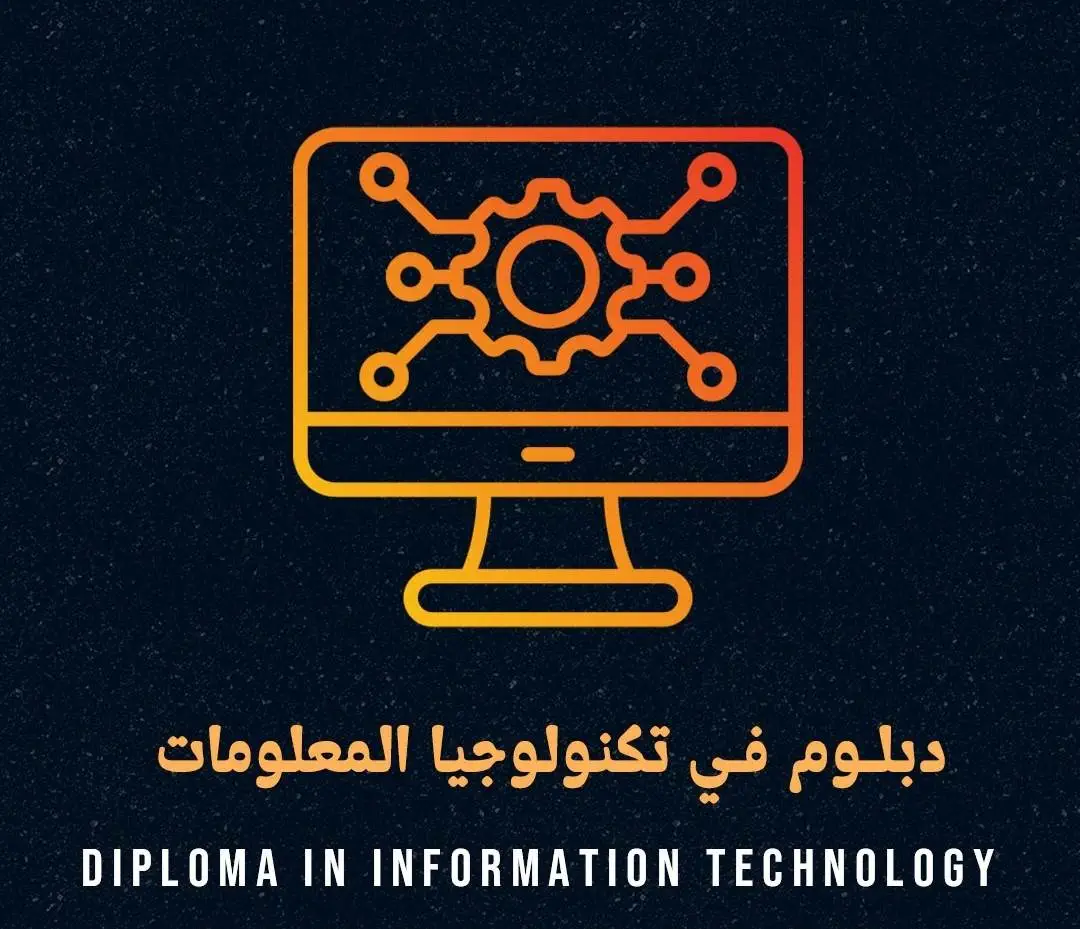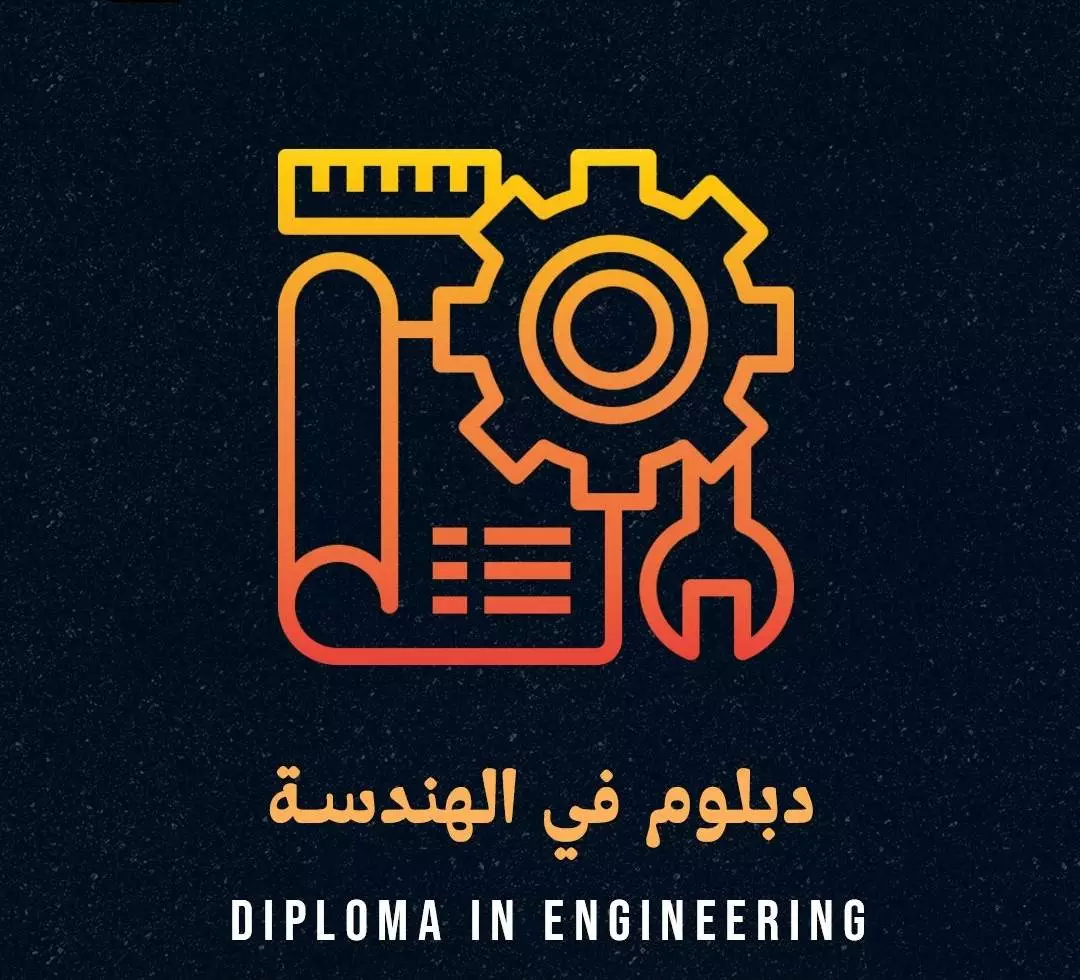Master in Business Administration
Master of Business Administration (MBA) A Master of Business Administration (MBA) is a postgraduate academic degree that provides advanced knowledge and skills in various areas of business management. The program typically requires a bachelor's degree in business administration or a related field as a prerequisite. Students can choose a specific specialization within the MBA program, such as finance, marketing, human resources, and many other specialties. Overview In the midst of increasing competition for jobs, pursuing a master's degree, especially an MBA, has become one of the top priorities after obtaining a bachelor's degree. This is because it enhances job opportunities, improves financial income, and ensures a better professional life. Information about the Program Study Duration The duration of studying for an MBA in Malaysia varies between universities and different programs. The standard duration to complete an MBA program in Malaysia can range from two years to two and a half years, with programs offered on a full-time or part-time basis. Universities in Malaysia typically offer flexible options for students, including intensive one-year MBA programs, and extended programs lasting two years or more with opportunities for practical training or research. Therefore, students should check the specific requirements and duration of the program they wish to enroll in at the respective Malaysian universities. Course Subjects MBA programs in Malaysia often include a diverse range of Course Subjects covering various areas in business management and related specializations. The Course Subjects varies depending on the program and university and may include additional topics or specific focuses tailored to students' needs and professional goals. Additionally, opportunities for practical training or research projects may be included as part of the curriculum. Accounting Finance Marketing Operations Management Organizational Behavior Strategic Management Economics Business Ethics and Corporate Social Responsibility Entrepreneurship International Business Information Technology Management Business Law Pros and Cons Pros 1 1. Leadership Skills Development: An MBA program provides an opportunity to develop and enhance leadership skills necessary for success in the business environment, such as effective communication, decision-making, and team management. 2 2. Expanded Job Opportunities: Obtaining an MBA degree can open new doors for job opportunities and career advancement, as holding this degree is considered prestigious and increases the attractiveness of applicants for senior management positions. 3 3. Deep Understanding of Business: The MBA program gives students a deep understanding of the business field, including financial, marketing, administrative, and strategic aspects, making them qualified to analyze challenges and innovate effective solutions. 4 4. Professional Networking: The MBA program provides students with the opportunity to build a network of professional relationships through interaction with classmates, teachers, guest speakers, and business professionals. 5 5. Salary Improvement and Benefits: Holding an MBA degree is a significant factor in improving salary and benefits, as it can lead to higher-paying job opportunities and benefits. Cons 1 1. Financial Costs: The cost of studying for an MBA program can be high, especially in prestigious universities or specialized programs, which may pose a financial burden on students. 2 2. Time and Study Commitment: Obtaining an MBA degree requires a significant amount of time and effort, as students must commit to attending classes, completing assignments, and exams, which may affect their daily schedule. 3 3. Competition: The field of business management is highly competitive, with many graduates competing for the same leadership job opportunities, making it somewhat challenging to stand out. 4 4. Lack of Practical Experience: Academic MBA programs may focus heavily on theories and concepts, meaning that students may not gain sufficient practical experience required for some actual jobs. 5 5. Personal Challenges: Students may face personal challenges such as balancing study and personal life, work pressures, and financial challenges, which may impact their performance and overall study experience. Job Opportunities for MBA Graduates Studying for an MBA opens up many diverse and appealing job opportunities for many companies and institutions, including some common opportunities such as: 1. Chief Executive Officer 2. Marketing Manager 3. Sales Manager 4. Human Resources Manager 5. Financial Manager 6. Operations Manager 7. Financial Analyst 8. Management Consultant 9. Logistics Manager 10. Entrepreneurship Advisor 11. Investment Manager 12. Finance Director 13. Strategic Advisor 14. Supply Chain Manager 15. Business Development Manager Admission Requirements for Studying MBA in Malaysia Admission requirements for studying for an MBA in Malaysia may vary slightly from one university to another and depending on different specializations. However, there are some general requirements that most universities and educational institutions in Malaysia include. Here is an overview of some of these requirements: • Bachelor's degree from an internationally recognized university. • GPA not less than 2.5 out of 4. • Curriculum Vitae (CV), demonstrating academic and professional experience, projects, and extracurricular activities. • Personal Statement, explaining reasons for pursuing master's studies and how the proposed specialization aligns with future goals. • Specialization Requirements, some specializations may require additional requirements such as passing other exams (such as GRE or GMAT) or submitting previous work samples (such as research papers or projects), depending on the field of study. Universities available to study Master of Business Administration (MBA) “Discover the most popular World’s universities that everyone is talking about!” University of Cyberjaya (UOC) University of Cyberjaya was established in 2005, located in Cyberjaya, the first smart city in Malaysia, spanning 5 acres. It is modern, fully equipped, and environmentally friendly. The campus is surrounded by lush green spaces, providing a peaceful and conducive environment for students to live and learn. Read More Apply Now UCSI University UCSI University is one of the top 300 universities worldwide according to the QS ranking. It was established in 1986 and currently has over 10,000 students from various countries around the world. The university has three campuses located in different parts of Malaysia, namely in Kuala Lumpur, Terengganu, and Sarawak. Read More Apply Now INTI International University INTI International University is one of the top private universities in Malaysia. It was founded in 1986, and its main campus was initially known as INTI University College











